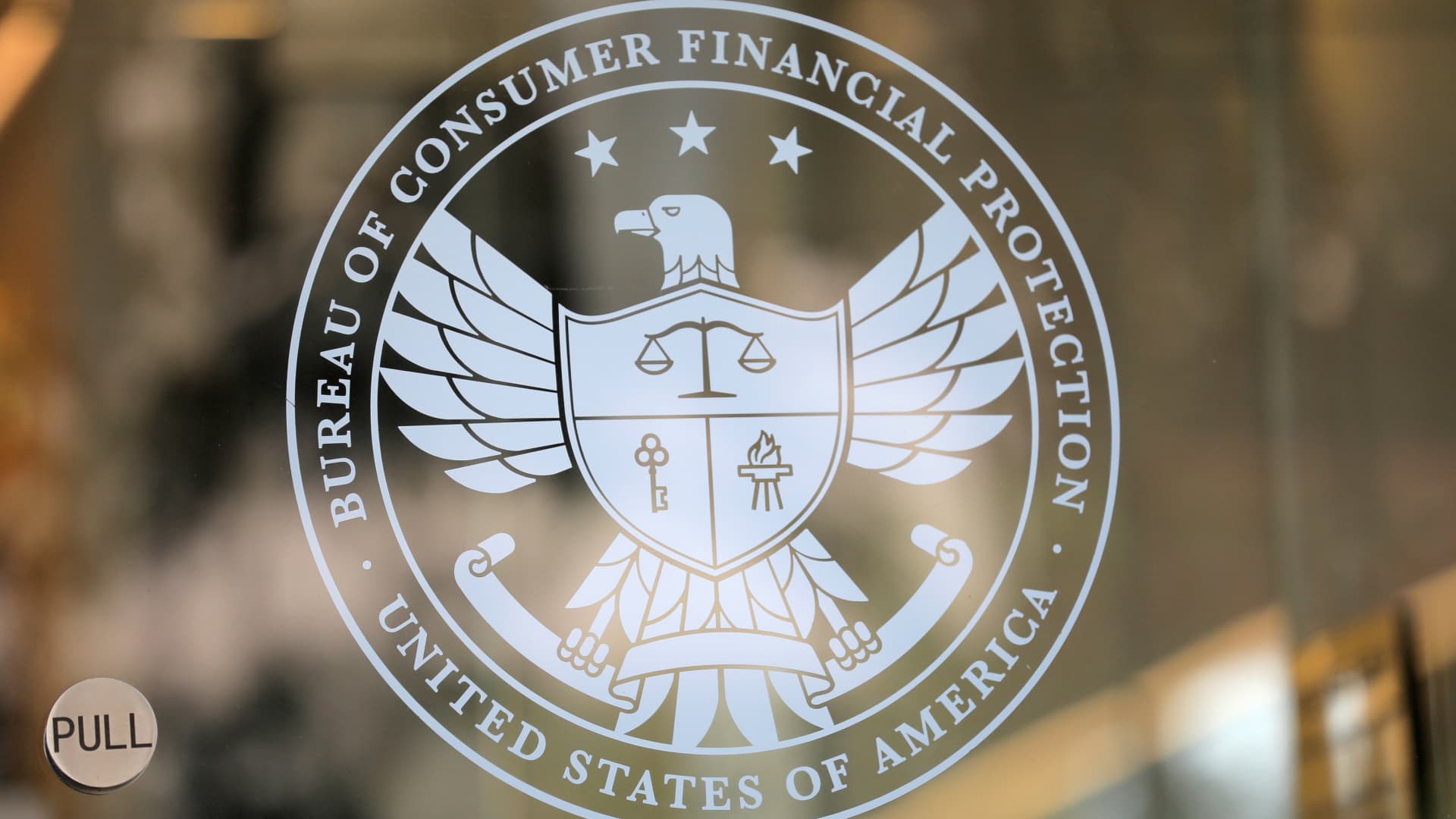At the headquarters of the Consumer Financial Protection Bureau (CFPB) in Washington, D.C., there are ongoing discussions among members of the Senate Banking Committee about the agency’s authority to regulate and eliminate junk fees that affect millions of consumers annually.
Republican lawmakers are raising concerns that the Biden administration is pushing the CFPB to overstep its jurisdiction by cracking down on these charges. On the other hand, Democrats are supporting the agency’s efforts to target these fees and protect consumers from excessive costs.
This hearing coincides with the Biden administration’s broader initiatives to eradicate various types of junk fees, including credit card late fees, overdraft fees, and surcharges on ticket purchases. Notably, the CFPB recently fined Bank of America $150 million for charging multiple overdraft fees to its customers.
Republican criticism of the CFPB is part of a sustained effort to limit the agency’s powers.
Senator Thom Tillis, the ranking member of the subcommittee on Financial Institutions and Consumer Protection, accused the agency of engaging in a “name and shame” campaign against banks that were previously following established standards set by federal regulators.
The CFPB has faced backlash from Republicans for proposing various measures to limit these charges, such as capping credit card late fees at $8.
Brian Johnson, the managing director of financial regulatory consultancy Patomak Global Partners and former deputy director of the CFPB under President Donald Trump, criticized the agency for zealously targeting these fees without considering their legality and disclosure.
Democrats argued that combating junk fees aligns with the CFPB’s core responsibilities. Senator Elizabeth Warren, a key figure in the formation of the CFPB, emphasized that the agency has effectively prevented banks from collecting predatory fees, benefiting consumers.
She mentioned major banks like Bank of America, Wells Fargo, and JP Morgan Chase, stating that the CFPB has caught them red-handed using various deceptive practices. Warren also called out these banks for financially supporting attacks against the CFPB.
JP Morgan Chase and Wells Fargo declined to comment, while Bank of America did not immediately respond to requests for comment from CNBC.
Pennsylvania Attorney General Michelle Henry testified that overdraft fees do not benefit customers as claimed by banks. She stated that these fees disproportionately affect communities of color, often leading to account closure and leaving individuals unbanked. Additionally, she highlighted that low-income individuals earning less than $50,000 annually typically pay three or more overdraft and nonsufficient fund fees in a year.
Henry further argued that big banks cannot be trusted to act in the best interest of consumers without oversight.
Senator Raphael Warnock, chair of the subcommittee and a Georgia Democrat, emphasized that junk fees marginalize hardworking Americans and exclude them from the financial system. He stressed the importance of holding businesses accountable for taking advantage of vulnerable customers through excessive and opaque fees.
Denial of responsibility! VigourTimes is an automatic aggregator of Global media. In each content, the hyperlink to the primary source is specified. All trademarks belong to their rightful owners, and all materials to their authors. For any complaint, please reach us at – [email protected]. We will take necessary action within 24 hours.


